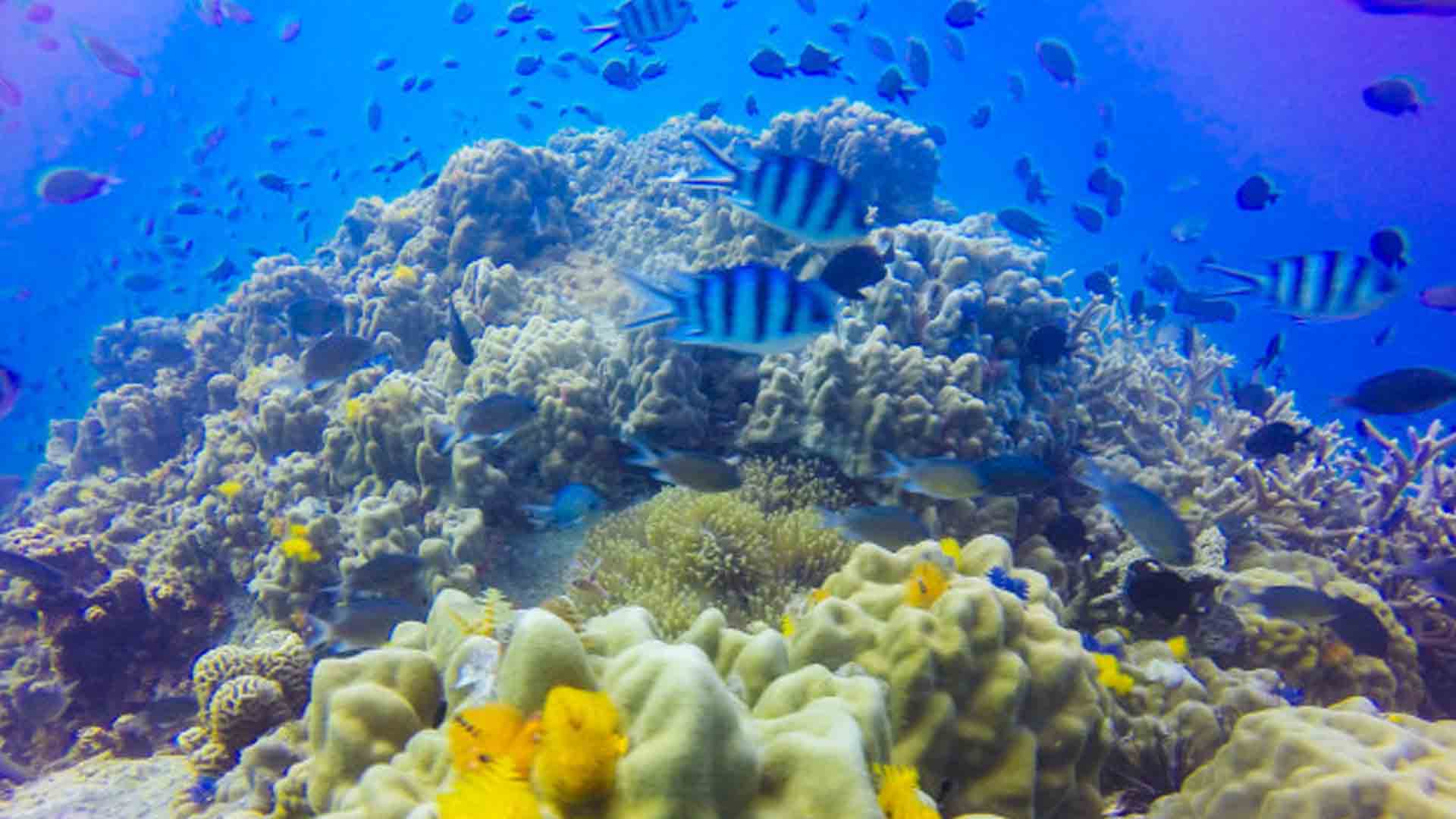Undeterred by her young age, a 12-year-old girl has started raising funds for the restoration of corals in Camiguin province.
Sofia Pardo began her environmental advocacy when she was just 10, as a graduating student of the International Baccalaureate Primary Years Program, where the pupils were required to choose a project that they are passionate about.
Pardo said there was no question about her love for Mother Nature.

“After finishing the project, we would have to present our results at the PYP exhibition, as well as base the project on one of the UN’s Sustainable Development Goals. I always loved the sea and the beach, so I chose Sustainable Development Goal 14, Life Under Water,” the 12-year-old was quoted in a statement sent to the Philippine News Agency by the Sangkalikasan Producers Cooperative (SPC) recently.
Pardo and SPC, through its project leader Jose Rodriguez, worked to fund the successful micro fragmentation and colony fusion of slow-growing massive corals to preserve reef biodiversity.
Among those who answered Sofia’s fundraising call was the Discovery Leisure Company, as well as several private individuals.
“Because of their donations, I was able to plant a coral bed under the name of Domuschola International School to raise awareness about coral reefs and bleaching,” she said.
SPC lauded Pardo for the funds she has raised to beef up the organization’s coral restoration initiatives.
Two years ago, couple Bunne Gamboa-Santos and Michael Santos, both SPC directors, traveled to Florida, USA, to learn and train under the MOTE Institute, which pioneered the coral restoration program.
When the couple came back, they lost no time to transfer everything they have learned to SPC members.
Meanwhile, Alexandra Hill, SPC resident biologist who leads the coral rehabilitation in Camiguin, said that the restoration project in the island-province started as early as 2013, in partnership with the Department of Environment and Natural Resources (DENR) and the Department of Science and Technology (DOST).
Under the guidance of DOST project director Virna Salac, SPC trained and transferred the technology of Coral Asexual Reproduction to multiple local communities in different areas of the country.
“Massive corals are more resilient to anthropogenic stress conditions and climate change. The experiment proved that massive corals can be grown in conditions that can accelerate growth rate and increase survival rate,” Hill said.
Hill said the experiment was initially scheduled to run for a year, but the coronavirus disease 2019 (Covid-19) pandemic cut it short to just four months. However, recent dives have shown success despite the lack of data, she noted.
“This is extremely promising as we are the first group within the country to have conducted this kind of experiment and it shows that micro-fragmentation and colony fusion is possible within the Philippines despite lack of funding and resources,” she said. (PNA)







